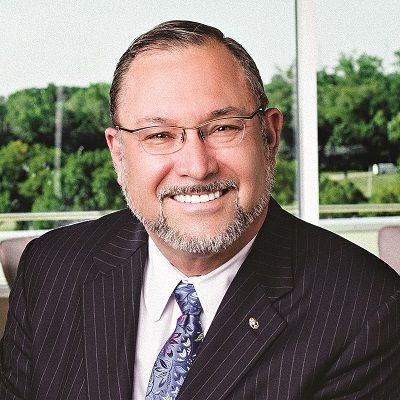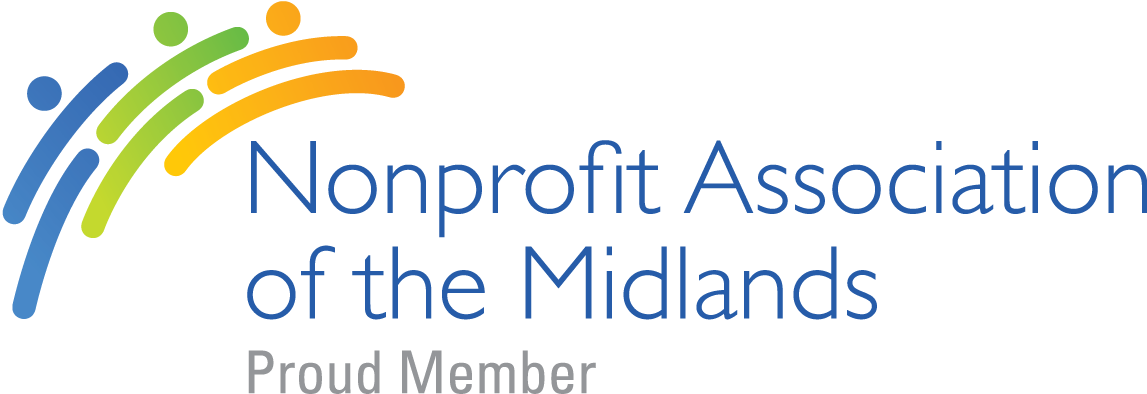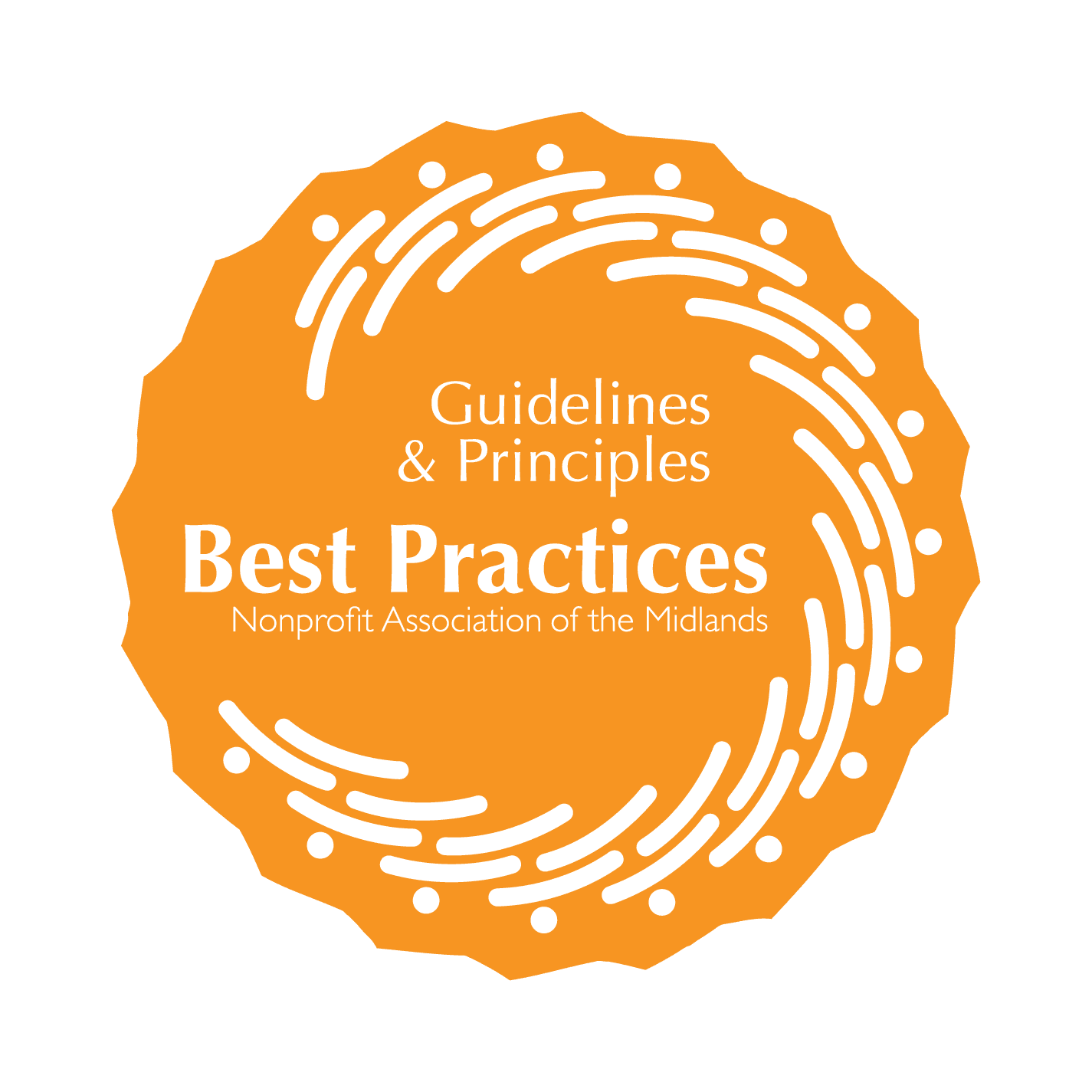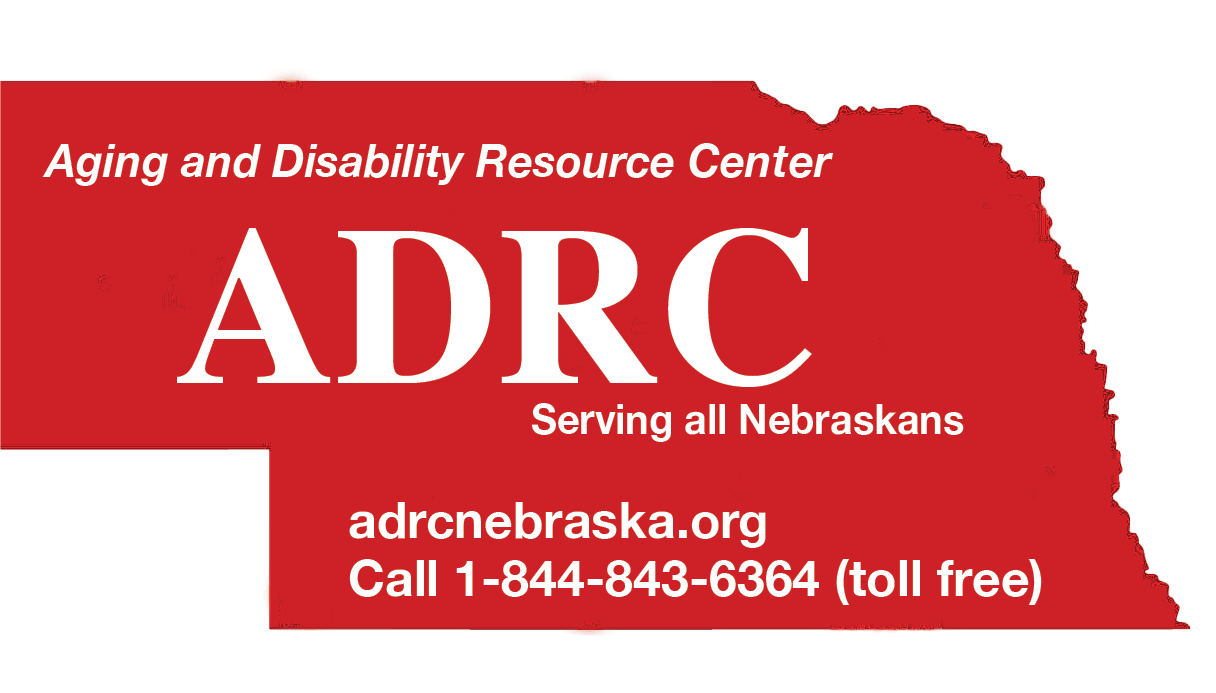Steve's Story

My name is Steve Martin. I have spent my career working to help people access quality health care as a health care professional early in my career followed by helping people finance their health care needs through health insurance.
When the Brain Injury Alliance asked to share my journey, I agreed because of a personal experience I had with a brain injury. It gave me personal insight into what individuals, along with their families and care givers, go through in the process of treatment and recovery.
Today, more than 36,000 Nebraskans are living with a disability due to a brain injury. While each year approximately 9,000 Nebraskans may suffer from some type of brain injury, over 1,000 will need specialized support to recover from the injury and manage its long-term effects. A brain injury can happen to anyone, at any time, at any stage in their life.
In my case, it started with a bump on the head just before Labor Day in 2015. I stood up and hit the top of my head on the edge of an open cabinet door. I have hit my head many times and suffered from a few concussions while playing college football. After the short-term pain subsided no other symptoms occurred, so I went about my life as usual. Over the next month I would experience what medical professionals called a Chronic Sub-Dural Hematoma. After nearly a month, I began to have repeated seizures on the left side of my body. I was hospitalized, and it took several days for the seizures to be stopped and controlled with medication, leaving me paralyzed on the left side of my body. After a week in the hospital I was discharged, but it was not the hospital who guided me to my next treatment.
I was fortunate to have had experts in the field who recommended what I should do to have the best chance of a full recovery. I consider myself lucky, as I know currently there are individuals with brain injuries who are not given appropriate guidance and support that result in the best possible treatment or any treatment at all. This is important to note, because delays in treatment of post-brain injury conditions can slow or limit the long-term recovery potential or cause individuals to suffer from more long-term problems.
In my case, I was admitted to QLI in Omaha and after a month of intense rehabilitation was walking without assistance and working part-time. In two months, I was recovered and back to work full time. It is important to note, that the best treatment for brain injuries is often not expensive. In my case, my two months of rehabilitation cost less than one day in the hospital.
Over my 42 years working in health care, time and time again, the best care done at the right time and the right way results in the lowest cost.
The Brain Injury Alliance is working to help fellow Nebraskans who suffer from brain injury understand and engage the resources they need to achieve their maximum potential recovery. They are working to build a statewide, brain injury network to serve all ages that includes regional specialized facilitation of resources and support groups across the state to help individuals, their family and care givers cope with after-effects of brain injury. Left without support and appropriate treatment, individuals can suffer from problems that are inappropriately treated as mental illness or result in engagement of the criminal justice system. Both cost the state significantly more than appropriate problem identification and treatment at the time of brain injury would have cost.
In addition to the cost of inappropriate care, the cost of disability and loss of productivity unnecessarily burdens families, employers, and the state budget. In a state where every worker counts, investment in brain injury awareness, appropriate treatment, and support systems are dollars well spent.
As a result of the effective treatment I received at the time of my injury, I was able to return to my career until my retirement. Now, with a greater understanding due to my personal journey, I encourage awareness and access to options for people experiencing a brain injury.
Our Associations & Memberships
-
 Nonprofit Association of the Midlands
Nonprofit Association of the Midlands -
 NAM Best Practices Partner
NAM Best Practices Partner




